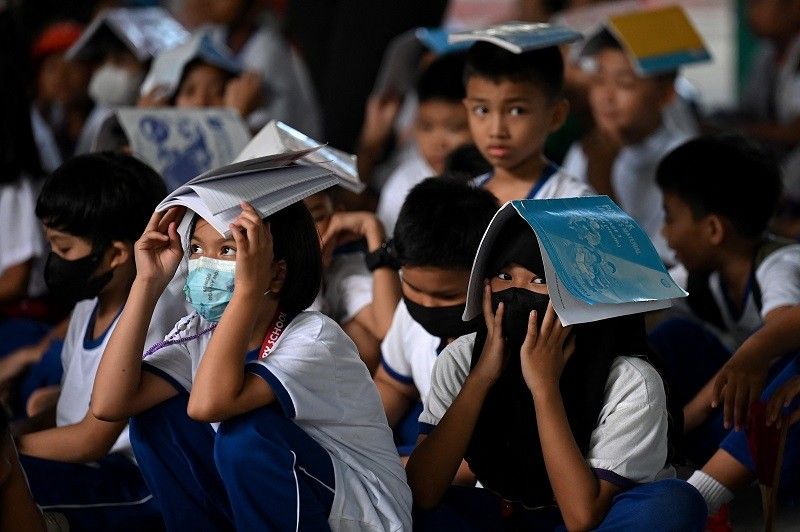Typhoons and Extreme Heat Challenge DepEd’s Disaster Management Capabilities
The Department of Education (DepEd) faces mounting challenges in ensuring student safety and school continuity as typhoons and extreme heat intensify across the Philippines. With climate change exacerbating weather-related disasters, education officials are under pressure to improve disaster preparedness measures and ensure minimal disruption to learning.

Escalating Climate Threats to Schools
The Philippines, frequently struck by typhoons, is now dealing with the added impact of rising temperatures, putting students and teachers at risk. The combination of stronger typhoons, prolonged heatwaves, and infrastructure vulnerabilities has made disaster management a top priority for DepEd.
In the first quarter of 2025 alone, several schools across Luzon, Visayas, and Mindanao suffered damage from Typhoon Agaton, displacing thousands of students. Meanwhile, temperatures in Metro Manila and other urban areas have soared past 40°C, forcing class suspensions due to extreme heat.
DepEd’s Response and Challenges
Education Secretary Sara Duterte emphasized the agency's commitment to improving climate resilience in schools. "We are working closely with local governments, disaster response units, and private sector partners to ensure that schools are safer and more equipped to handle extreme weather," Duterte said.
Among the key measures being implemented are:
-
Stronger school infrastructure – DepEd is accelerating efforts to reinforce classrooms, improve drainage systems, and construct typhoon-resilient buildings.
-
Alternative learning modalities – In disaster-prone areas, blended learning strategies, such as online classes and modular learning, are being expanded.
-
Emergency response training – Schools are being equipped with first-aid training, disaster drills, and early warning systems to enhance preparedness.
-
Heat protection policies – DepEd is considering adjustments to school hours, additional cooling facilities, and improved ventilation systems to combat rising temperatures.
Despite these efforts, concerns remain over budget constraints, logistical challenges, and gaps in disaster coordination, especially in remote and underfunded schools.
Call for Stronger Government Action
Education and climate experts warn that DepEd alone cannot handle these escalating climate threats. Advocates are urging the national government to allocate larger disaster resilience funds for education, while pushing for policies that prioritize climate-adaptive school designs and renewable energy integration in learning institutions.
As extreme weather events become more frequent, the future of the country’s 26 million students depends on swift and decisive action. While DepEd has made progress, ensuring that education remains accessible, safe, and uninterrupted amid disasters will require a whole-of-government approach.
What's Your Reaction?












/https://tf-cmsv2-smithsonianmag-media.s3.amazonaws.com/filer_public/54/66/546650fa-26a4-40fd-8d6d-5a7a04540f81/rosetta2.png)
:max_bytes(150000):strip_icc():focal(999x0:1001x2)/robert-prevost-050825-1-39395418ab494da5a3a700c9478e66c8.jpg)















































format(webp))
format(webp))
























